Health
The Afador is a mixed breed dog that combines the characteristics of an Afghan Hound and a Labrador Retriever. As a mixed breed, they generally have good overall health. However, it’s important to be aware of potential health issues that can affect them. Here are some key points regarding the health of Afadors:
- Hip Dysplasia: This is a common condition in larger dog breeds, including the Labrador Retriever. It is characterized by the malformation of the hip joint, which can lead to pain and mobility issues. Regular exercise and maintaining a healthy weight can help reduce the risk of hip dysplasia.
- Progressive Retinal Atrophy (PRA): PRA is an inherited eye disorder that can lead to vision loss and blindness. Regular eye examinations by a veterinarian can help detect this condition early on.
- Ear Infections: The Afghan Hound’s long and floppy ears are prone to ear infections. Regular cleaning and inspection of the ears can help prevent infections.
- Obesity: Like Labrador Retrievers, Afadors can be prone to weight gain. Maintaining a balanced diet and providing regular exercise will help prevent obesity and its associated health problems.
- Regular Veterinary Check-ups: It’s important to schedule regular check-ups with a veterinarian to monitor the overall health of your Afador and address any potential health concerns.
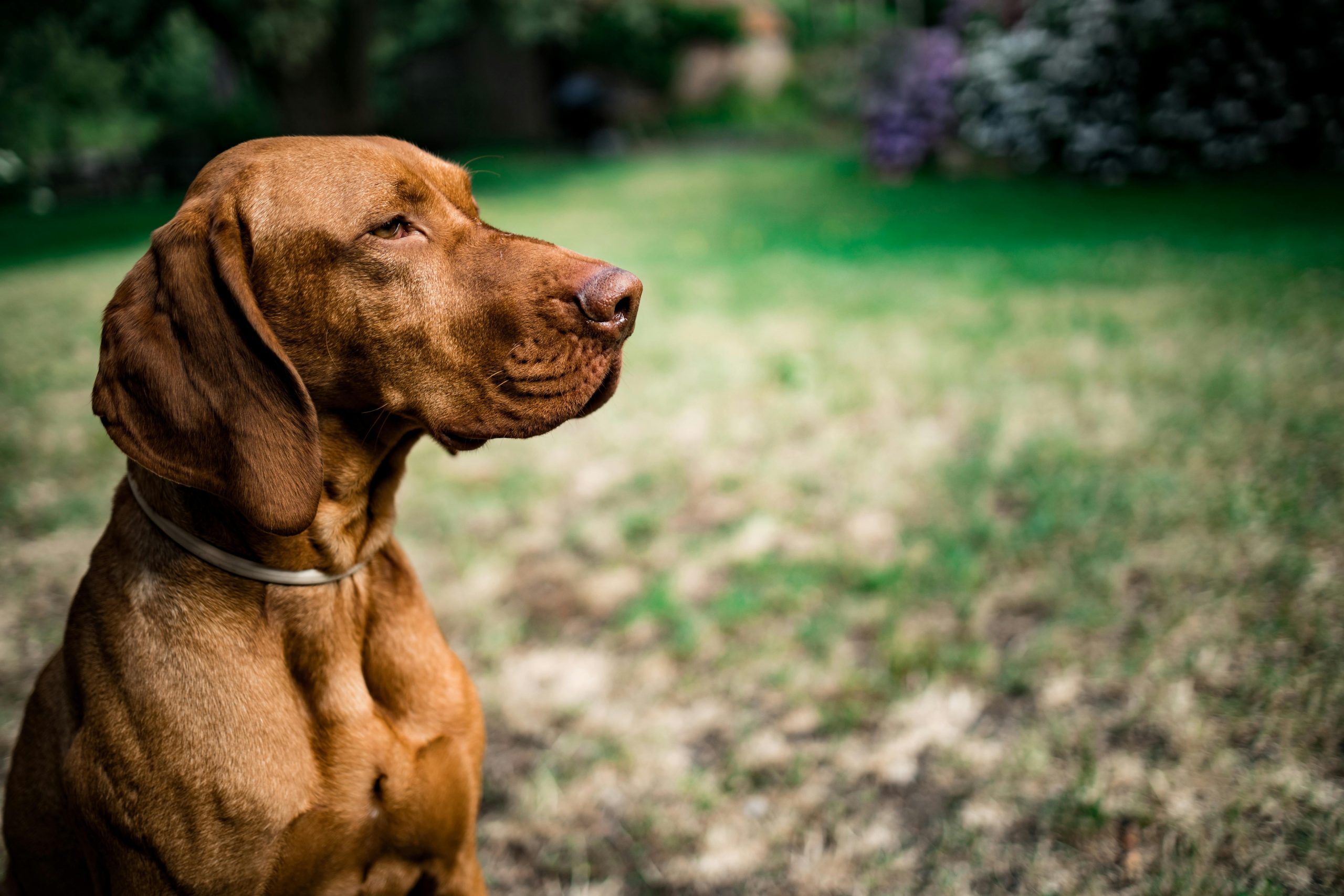
Grooming
The grooming needs of an Afador can vary depending on the characteristics inherited from its parent breeds. Here are some key points regarding grooming an Afador:
- Coat: Afadors may have a medium to long coat that can be straight or wavy. Regular brushing helps maintain a healthy coat and prevents matting. Brushing also helps to reduce shedding.
- Bathing: Afadors should be bathed as needed, using a dog-specific shampoo that won’t dry out their skin. Avoid frequent bathing, as it can strip the coat of its natural oils.
- Nails: Regular nail trimming is essential to prevent overgrowth and discomfort. Long nails can also cause issues with walking and posture.
- Ears: Check the ears regularly for any signs of redness, irritation, or a foul odor. Clean the ears gently with a veterinarian-recommended ear cleaner to prevent infections.
- Teeth: Dental hygiene is important for overall health. Brush your Afador’s teeth regularly using a dog-specific toothbrush and toothpaste to prevent dental issues.
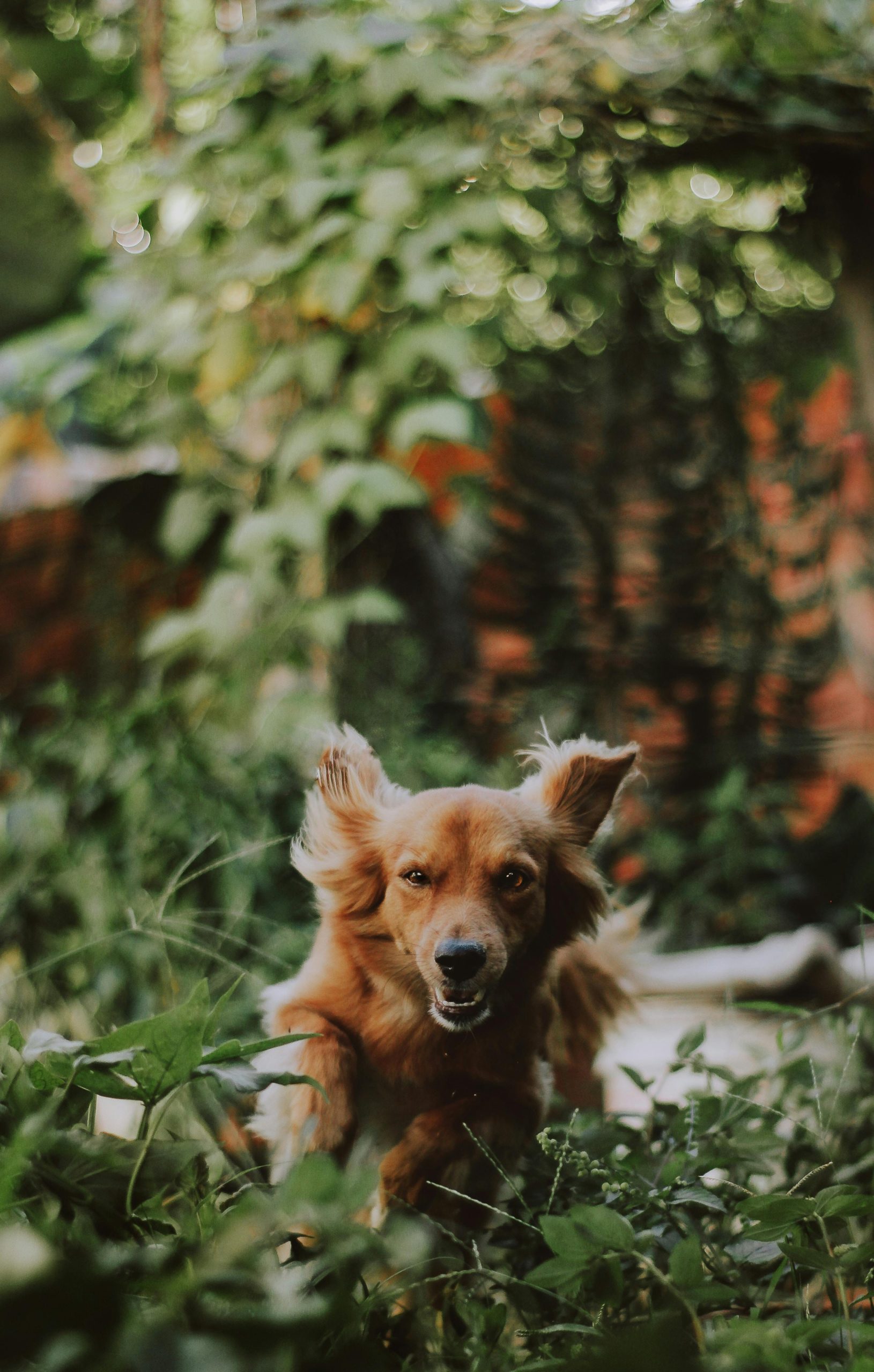
Exercise
Afadors are energetic dogs that require regular exercise to keep them physically and mentally stimulated. Here are some key points regarding exercise for Afadors:
- Daily Exercise: Aim for at least 30 to 60 minutes of exercise each day. This can include brisk walks, jogging, playing fetch, or engaging in interactive games.
- Mental Stimulation: Provide puzzle toys, interactive games, and obedience training to keep your Afador’s mind engaged. Mental stimulation is just as important as physical exercise.
- Off-leash Activities: Afadors can enjoy off-leash activities in a securely fenced area or a designated dog park where they can run and play freely.
- Swimming: Many Afadors inherit the love for water from their Labrador Retriever parent. Swimming is an excellent low-impact exercise that helps keep them fit and healthy.
- Playdates: Socialize your Afador by setting up playdates with other friendly dogs. This allows them to burn off energy while also developing good social skills.
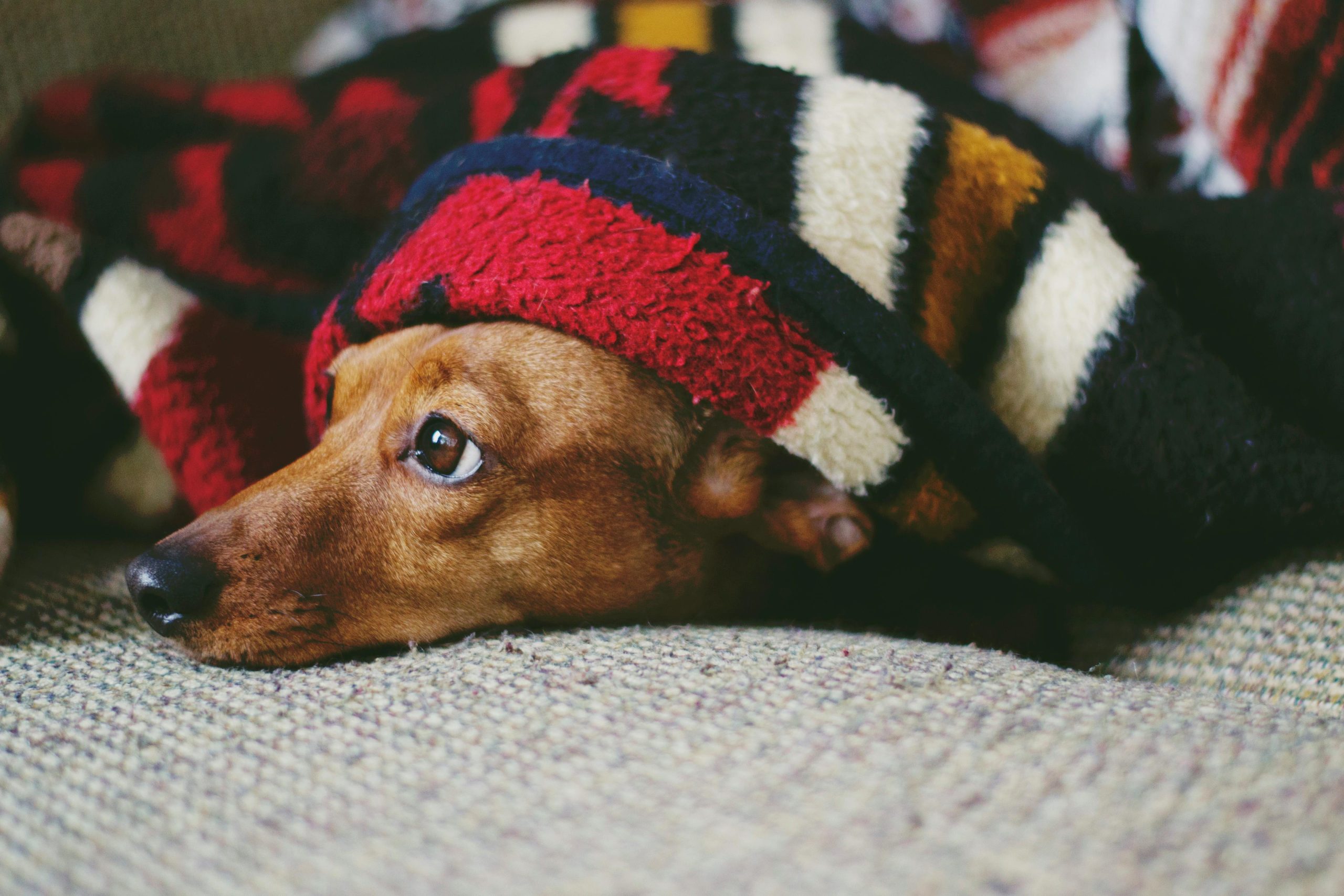
Training
Afadors are intelligent and trainable dogs, although they can sometimes exhibit a stubborn streak inherited from theAfghan Hound parent. Here are some key points regarding training an Afador:
- Positive Reinforcement: Use positive reinforcement techniques such as treats, praise, and rewards to motivate and encourage your Afador during training sessions. This will help create a positive learning experience and strengthen the bond between you and your dog.
- Early Socialization: Start socializing your Afador from a young age by exposing them to different people, animals, and environments. This will help them become well-rounded and confident dogs.
- Basic Commands: Teach your Afador basic commands such as sit, stay, come, and down. These commands are essential for their safety and well-being.
- Leash Training: Afadors can be strong dogs, so it’s important to teach them leash manners. Use positive reinforcement and reward-based training methods to encourage loose leash walking.
- Consistency: Be consistent with your training methods and expectations. Afadors respond well to routine and clear communication.
- Patience: Training takes time and patience. Understand that every dog learns at their own pace, and some may require more time and repetition to grasp certain commands or behaviors.
- Professional Help: If you’re struggling with training or need additional guidance, consider enrolling your Afador in obedience classes or consulting with a professional dog trainer.
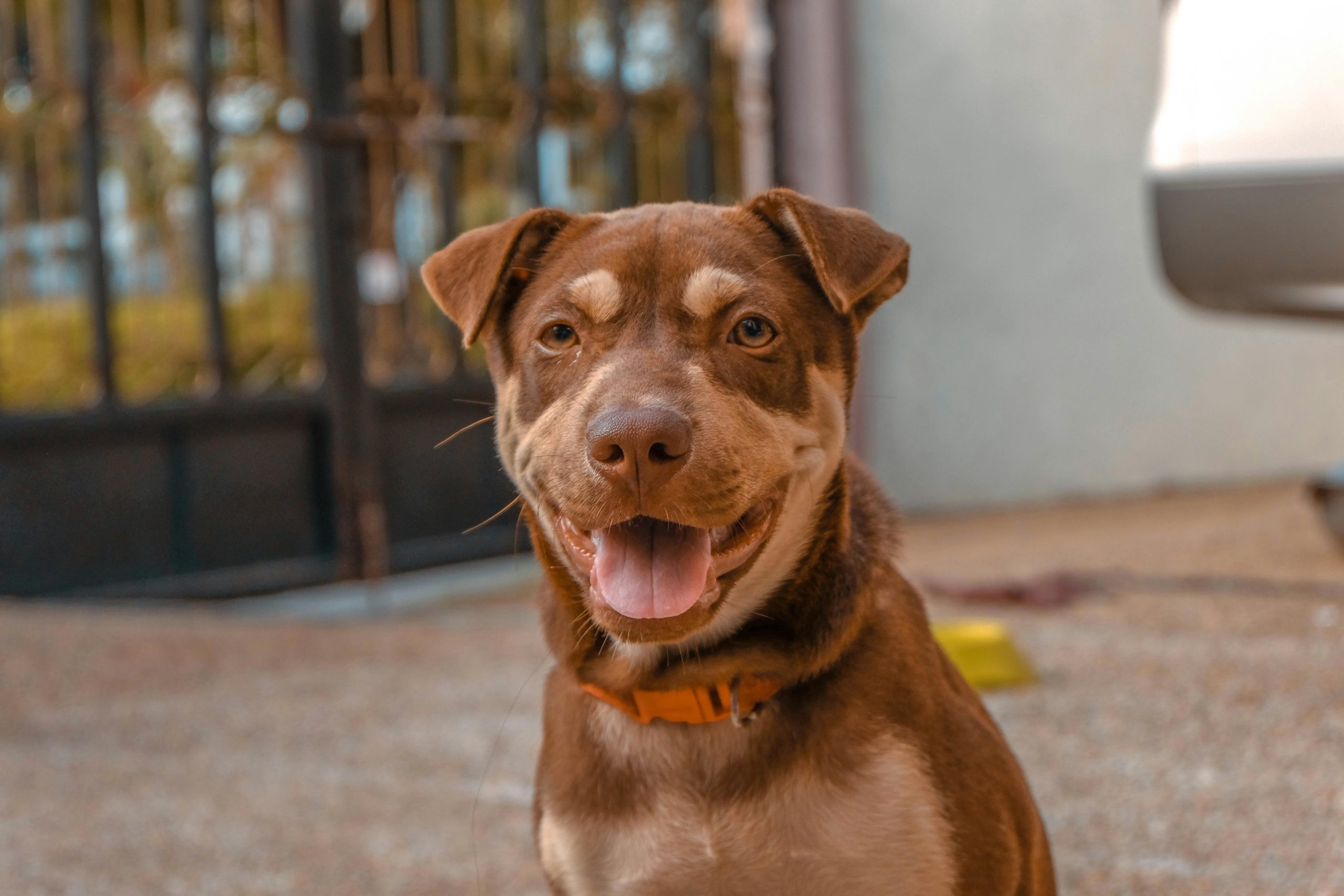
Nutrition
Providing a balanced and nutritious diet is crucial for the health and well-being of your Afador. Here are some key points regarding nutrition for Afadors:
- High-Quality Dog Food: Choose a high-quality dog food that is specifically formulated for the nutritional needs of medium to large-sized breeds. Look for a food that contains real meat as the first ingredient and is free from artificial additives and fillers.
- Protein: Afadors require a diet rich in protein for muscle development and overall health. Look for a dog food that contains high-quality animal protein sources such as chicken, beef, or fish.
- Fruits and Vegetables: Incorporate fruits and vegetables into your Afador’s diet as a source of vitamins, minerals, and antioxidants. Some safe options include carrots, green beans, blueberries, and sweet potatoes.
- Portion Control: Monitor your Afador’s food intake and follow the feeding guidelines provided by the dog food manufacturer. Adjust the portion size based on your dog’s age, weight, activity level, and overall condition.
- Avoid Overfeeding: Afadors can be prone to overeating, leading to weight gain. Avoid free-feeding and stick to a regular feeding schedule to prevent obesity.
- Hydration: Make sure your Afador has access to fresh, clean water at all times. Proper hydration is essential for their overall health and well-being.
- Dietary Restrictions: If your Afador has any specific dietary restrictions or allergies, consult with your veterinarian to determine the best diet plan for them.
In conclusion, taking care of an Afador involves ensuring their health, grooming, exercise, training, and nutrition needs are met. By providing regular veterinary care, maintaining a consistent grooming routine, engaging in daily exercise and mental stimulation, using positive reinforcement training techniques, and feeding a balanced diet, you can help your Afador live a happy and healthy life.
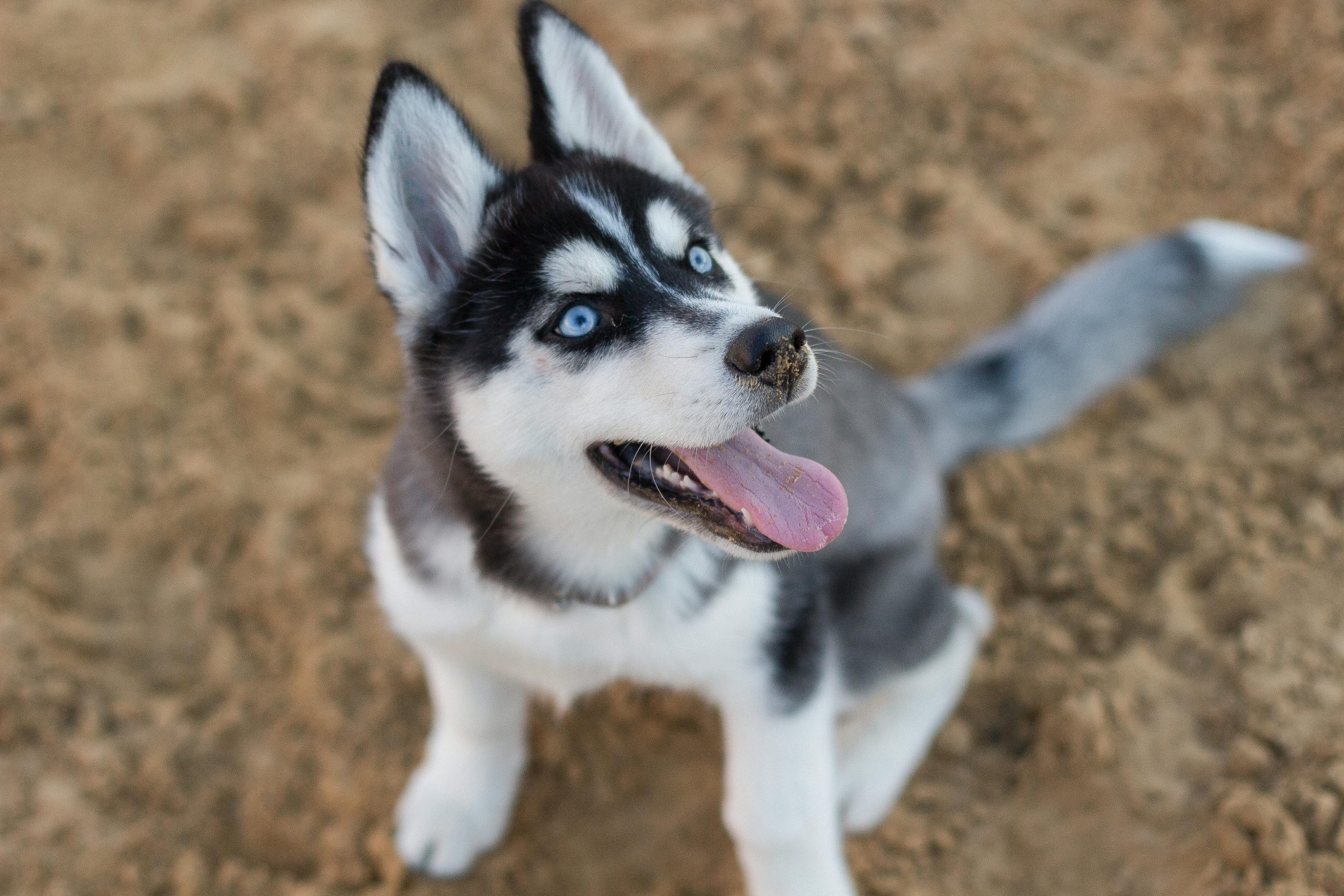
Leave a Reply